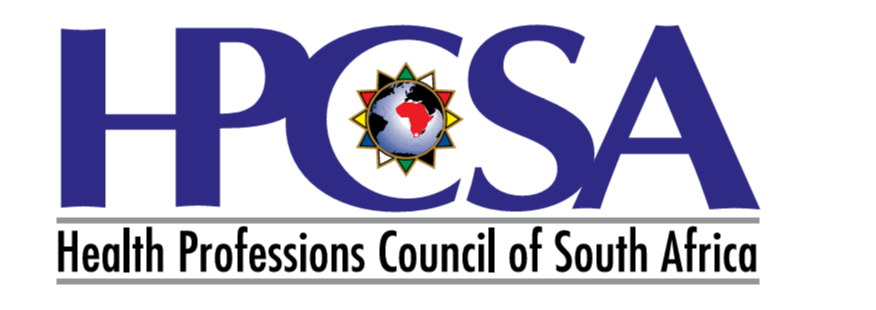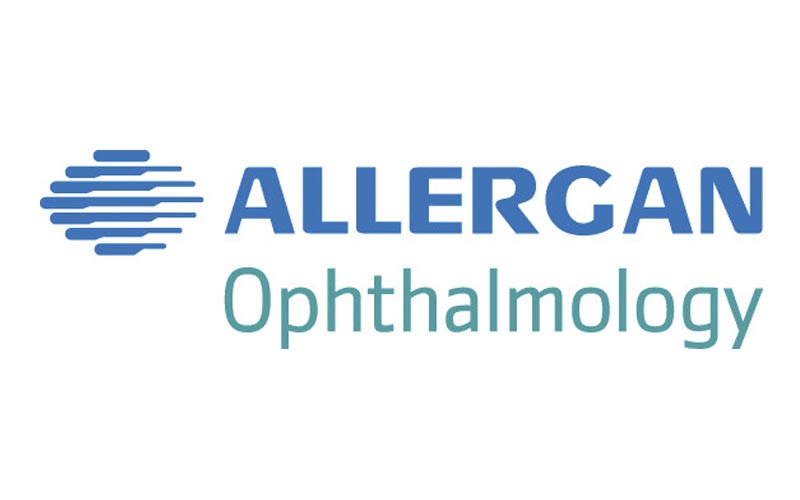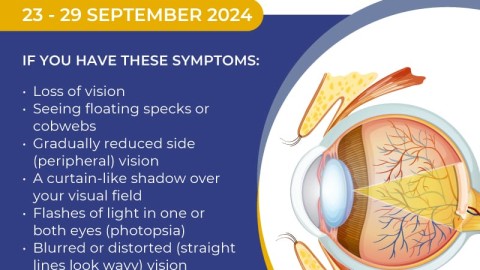
Affecting over 70 million people worldwide, glaucoma robs sufferers of one of the most precious senses – vision. This ‘silent thief of sight’ is a progressive, incurable disease that damages the optic nerve, as a build-up of fluid in the eye causes increased eye pressure.
Despite glaucoma being the world’s leading cause of blindness, many people don’t know how to protect themselves from this disease. With about 5% of South Africans over 40 years old suffering from it, there are steps that you can take to care for your eyesight and safeguard yourself from the financial impact of treating and managing this disease.
Is it in your genes?
Glaucoma tends to be hereditary and your risk is approximately four to nine times higher if a member of your immediate family has the disease. Your first line of defence is knowing your family history to deduce your risk of developing glaucoma in your lifetime. While glaucoma was previously thought to be a sign of aging – as rates of diagnosis are higher in those over 40 years of age – the disease can strike at any time. Don’t delay on getting a clear understanding of your risk profile.
Keep an eye on your health with preventative screening
Visit your optometrist or ophthalmologist (eye surgeon) regularly to detect glaucoma early and possibly improve your treatment outcomes. Glaucoma often presents without symptoms and, scarily, many sufferers experience vision impairment before they are aware of a serious problem with their eyes.
“Many people neglect their eyes when scheduling periodic health check-ups,” says Madelein Barkhuizen, Executive Manager: Sales and Marketing at Bestmed Medical Scheme. “Proactivity is key to minimising risk, and preventatively treating and managing glaucoma. So, book an eye test every two years if you’re over 40 years old and every year if you’re over 60.”
Feast your eyes on this…
Maintaining a healthy diet is a simple and cost-effective way to protect your sight. Ensure that you nourish your body with the necessary vitamins and minerals to boost immunity and prevent disease. For eye health, pile your plate with antioxidant-rich berries, fibre-filled leafy green vegetables, and the classic beta-carotene-packed carrots. While no one food can ‘fix’ your eyesight, maintaining overall health is crucial for minimising your overall risk of disease.
Consistency is key
If you are diagnosed with glaucoma, be committed to your treatment programme. Pressure in your eyes can be controlled with consistent treatment to prevent the deterioration or complete loss of vision. Treatment ranges from eye drops and tablets to laser or incisional surgery.
“Cost can be a significant deterrent for remaining consistent with medical treatment when you don’t have adequate medical aid,” Barkhuizen notes. “Ensuring that you’re covered, protects your ability to be persistent in treating any chronic illness, including glaucoma.”
Keep an eagle eye on your wallet
Currently, there is no cure for glaucoma, but it can be treated, which means a long-term financial obligation. Like most chronic illnesses, the cost of treating glaucoma can extend into the tens of thousands. “Medical aid cover allows you to focus on the most important thing – your health. Make sure that your medical aid provider and plan covers the diagnosis of glaucoma as a chronic condition,” concludes Barkhuizen.








